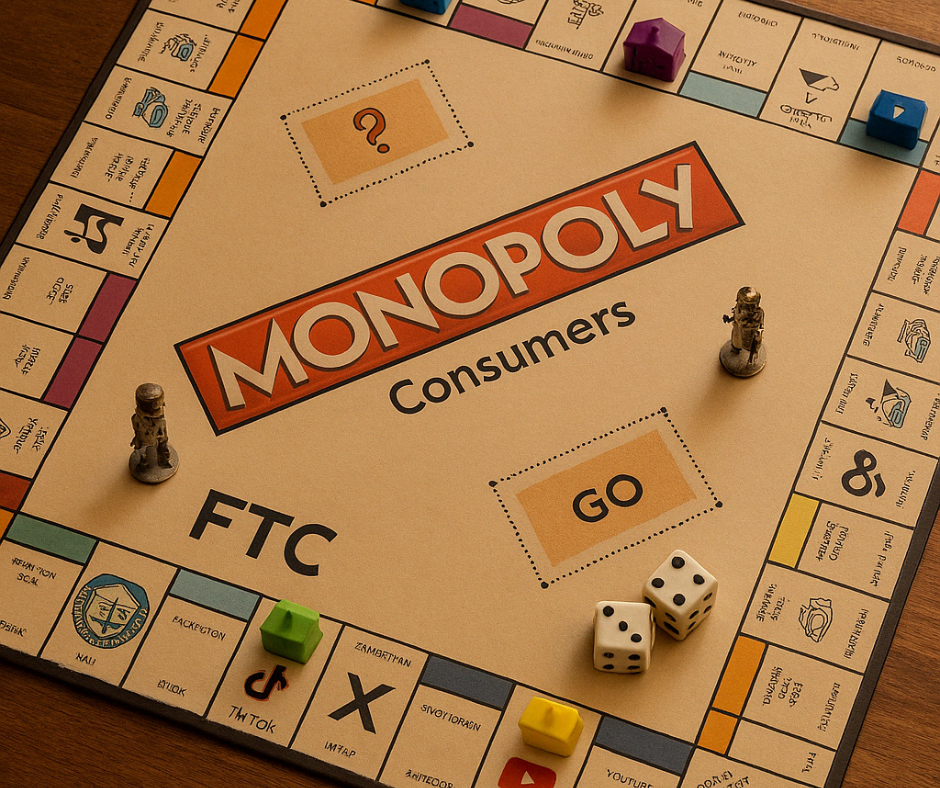Canada, in contrast to South Africa, responded to Covid-19 by ensuring that Canadians would continue to have access to alcohol, nicotine, and even cannabis during the lockdown. Ontario also allowed cannabis retailers to offer kerbside pick-up and delivery options.
David Clement and Martin van Staden – The recent full-scale lockdown is something that most people experienced for the first time in their lives. Countries like Canada and the United Kingdom, hit harder by Covid-19, enacted public policy that attempted to keep life as normal as possible by expanding consumer choice to compensate for the disruption. South Africa, in contrast, made the reality of the lockdown leaps and bounds worse by preventing consumer access to alcohol and nicotine, which drove consumers to the black market and forced addicts into withdrawal amidst a pandemic.
The continued prohibition on cigarette (and even e-cigarette) sales – alcohol is being sold freely again – is now being heard in court. South Africa is one of only three countries, the others being India and Botswana, to ban cigarettes during its lockdown. Government has asked, should the court find Minister Nkosazana Dlamini Zuma’s regulations to be unlawful, that the matter be referred back to her for reconsideration rather than declaring them void.
Canada, in comparison to South Africa, responded to the pandemic by expanding consumer choice, and ensuring that Canadians would continue to have access to alcohol, nicotine, and even cannabis during the lockdown. Ontario, which is Canada’s largest province, declared convenience stores essential businesses, allowing them to operate from the start of the lockdown onward. This ensured that residents could still have access to nicotine products.
For alcohol, Ontario declared their state-owned liquor stores were essential, mandated that they remain open throughout the lockdown, and even went so far as to liberalise the hours of sale to offer consumers more choice and to avoid overcrowding. In addition, the Ontario government allowed for restaurants to offer alcohol with their food order deliveries, something that was previously prohibited. The province even did the same for cannabis retailers, allowing them to remain open by offering consumers kerbside pick-up and delivery options.
South Africa enacted its alcohol and tobacco/nicotine ban under the mantra of public health and protecting the healthcare system. This is a problematic approach for a few reasons. The first is that a full ban on these products recreates prohibition, which puts consumer safety at risk when consumers seek these products in the illegal market. Consumers accessing dangerous black-market products run the risk of increasing hospitalisations.
It will no doubt be argued that South Africa is unlike Canada. There is an underdeveloped healthcare system which has come under unbearable strain during the Covid-19 pandemic, and our population suffers from a host of ailments not easily found in the West, particularly tuberculosis. This, to some, means the drastic limitations imposed on personal freedoms here are justified.
The horrific stories of a man from Brakpan and a couple from Port Nolloth dying after consuming unsafe, homemade alcohol are illustrative of the consequences of prohibition. The proximate cause of their deaths might have been the dangerous substances they consumed, but the source of the problem was the government’s insistence that it knew best. The social contract never included an agreement that it was acceptable for the government to use a pandemic to paternalistically ban otherwise legal products. As a result, citizens have continued to, and will continue to, buy those products whether they are prohibited or not.
To make matters worse, South Africa’s approach flew in the face of harm reduction by also banning the sale of vaping products, which are 95% less harmful than traditional tobacco products. Not only has the government of South Africa pushed consumers into the hands of the black market, it has also banned one of the most successful smoking cessation tools available to consumers. If the goal of banning products is to protect public health, the last thing that should be banned is reduced risk cessation tools like vaping.
But the ban on vaping does not depart from the South African government’s already well-known paternalistic opposition to this alternative to smoking. The facts will not be allowed to stand in the way of political ideology and alliances.
It will no doubt be argued that South Africa is unlike Canada. There is an underdeveloped healthcare system which has come under unbearable strain during the Covid-19 pandemic, and our population suffers from a host of ailments not easily found in the West, particularly tuberculosis. This, to some, means the drastic limitations imposed on personal freedoms here are justified.
But a study in 28 countries found that there are fewer smokers, who presumably have weaker lungs, among Covid-19 hospitalisations than non-smokers. Research indicating that nicotine might in some way be inhibiting the spread of Covid-19 has hardly been limited to a single, vested interest source, but has come from all over. Nicotine, in other words, may help ensure that one does not contract the virus. If a smoker does end up being hospitalised for Covid-19, however, then there is certainly a greater risk.
Moreover, the overstretched and hopelessly inadequate public healthcare system is the government’s own making. Not only has the government historically done everything in its power to waste the money taxpayers have paid over to it through inefficiency, corruption, and incompetence, but the government has also let the lockdown, which was intended to allow for capacity-building, go to waste.
Rumours of another billion-rand bailout for South African Airways, or the establishment of another doomed national airline, should leave no room for doubt in the minds of our critics that the government has had, and currently has, the resources to run a tight ship in its healthcare system. It is by corrupt choice, and the lack of market-driven incentives, that this does not materialise. The constitutional freedoms South Africans are endowed with should not fall victim to the desire to give a malicious government “another chance”.
In 2017, Canada ranked 8th highest in the world for respecting the economic freedom of citizens. It is this deference to adults who can make their own decisions that, over the years enabled Canada and other countries in the top quintile of economic freedom to have economies and societies capacitated enough to deal with Covid-19.
South Africa, ranked a poor 101st in the same index, has through its policy choices dug its own grave. It’s never too late to course-correct, but this requires paternalistic attitudes to be abandoned.
Originally published here.
The Consumer Choice Center is the consumer advocacy group supporting lifestyle freedom, innovation, privacy, science, and consumer choice. The main policy areas we focus on are digital, mobility, lifestyle & consumer goods, and health & science.
The CCC represents consumers in over 100 countries across the globe. We closely monitor regulatory trends in Ottawa, Washington, Brussels, Geneva and other hotspots of regulation and inform and activate consumers to fight for #ConsumerChoice. Learn more at consumerchoicecenter.org




